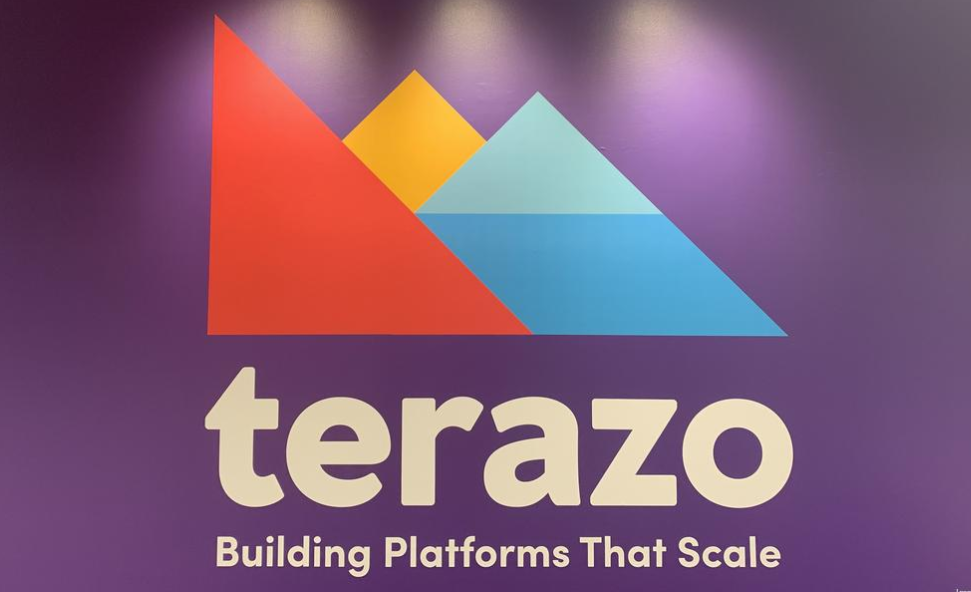
News
News | 2 min read
July 4, 2014

The Associated Press published a story regarding the recent surge in Chinese firms eyeing the United States for foreign direct investment:
Chinese companies invested a record $14 billion in the United States last year, according to the Rhodium Group research firm. Collectively, they employ more than 70,000 Americans, up from virtually none a decade ago.
In the Richmond area, for instance, Shandong Tranlin Paper Co., an innovative papermaker, announced last month that it will make a $2 billion investment in an advanced manufacturing facility along the James River in Chesterfield County. It would create an estimated 2,000 jobs by full operation in 2020.
The article goes on to describe several cost increases to factory energy prices that have companies seeking overseas operations:
One reason is that in the past decade, the cost of labor, adjusted for productivity gains, has surged 187 percent at Chinese factories, compared with just 27 percent in the United States, according to Boston Consulting Group.
In addition, Chinese electricity costs rose 66 percent, more than twice the United States’ increase. The start of large-scale U.S. shale gas production has helped contain U.S. electricity costs.
And the value of China’s currency has risen more than 30 percent against the U.S. dollar over the past decade. The higher yuan has raised the cost of Chinese goods sold abroad and, conversely, made U.S. goods more affordable in China.
Those rising costs have cut China’s competitive edge. In 2004, manufacturing cost 14 percent less in China than in the United States; that advantage has narrowed to 5 percent. If the trend toward higher wages, energy costs and a higher currency continues, Boston Consulting predicts, U.S. manufacturing will be less expensive than China’s by 2018.
Read the full article here.